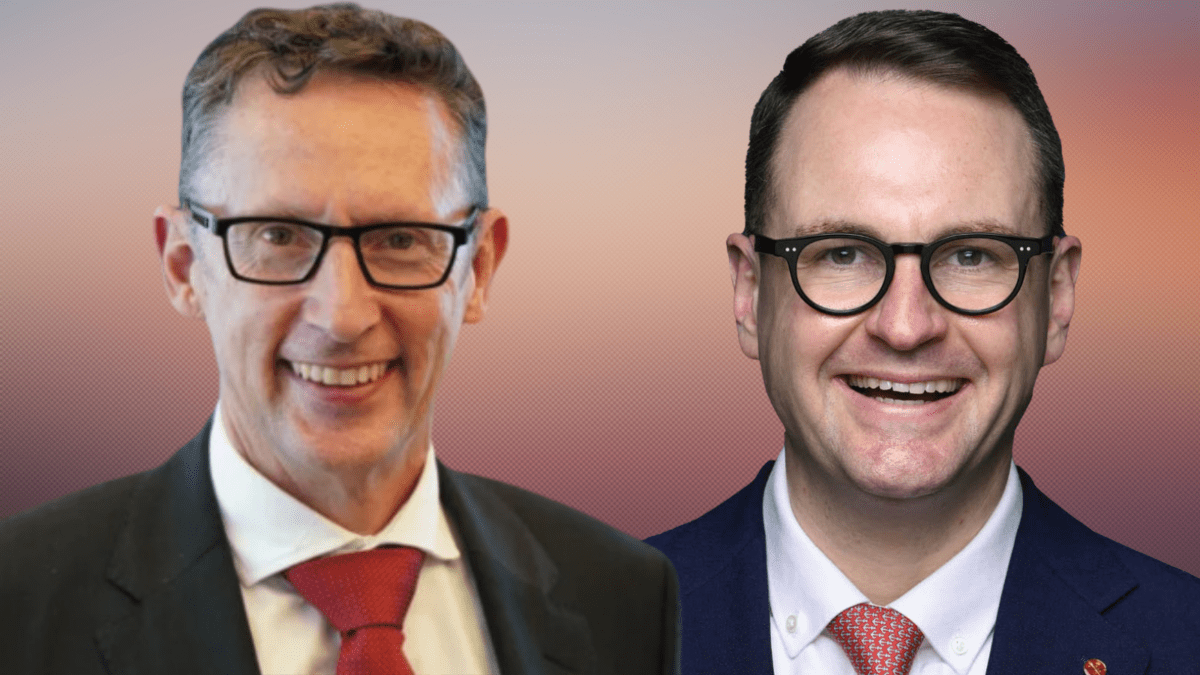-
Sort By
-
Newest
-
Newest
-
Oldest
Over half of asset managers in the US offer “business consulting resources” to the growing registered investment adviser cohort. Whether advisers actually want these services is debatable, but the trend seems to be gaining traction.
Appropriately enough, it took a regulatory breakdown to finally ruffle the policy chief’s feathers. In the first of a series of whitepapers aimed at collating the issues, Phil Anderson lays bare the failures of government, ASIC and E&P Financial Group.
The three-way tie-up highlights just how much the power dynamic has shifted across the advice landscape over the last decade, with advice ownership groups arguably superceding licensees in the pecking order.
Licensees were given a month to clean up the information they provided to ASIC about adviser qualifications and training. That time is up, and enforcement action is not off the table.
There’s a pattern to the way adviser numbers oscillate around the end of the financial year, but there’s nothing common about the movement in the licensee sector at the moment.
The average financial adviser is older and brings in more revenue than they did a year ago, but that hasn’t translated into a fatter salary according to data from Adviser Ratings.
There are several aspects to the treatment of the case that don’t add up, the association’s policy lead says, and a transparent public inquiry is more than warranted.
As platform technology develops, the race to become the one dominant platform for Australian advisers is just heating up. In the US, it’s already well underway, with the number of advisers consolidating platforms rising more than 50 per cent in four years.
The Inside Network’s Jamie Nemtsas sits down with award-winning financial adviser Hugh Robertson to discuss how to build ‘centres of influence’ that can help take an advice business to the next level.
The government now has two internal reports recommending an overhaul of the industry funding model. Yet they appear destined to sit on the shelf “gathering dust”, with the financial services minister of the opinion that recruiting more advisers will fix the problem.
The government addressed perceived ambiguity around advice fee deduction from member accounts by pulling out two statements from the bill that essentially duplicated rules that already exist in the sole purpose test.
Just when the quantum of registered advisers will bottom out is anyone’s guess, but the final tally for FY24 could hardly be encouraging for a government desperate to shore up the numbers.
















